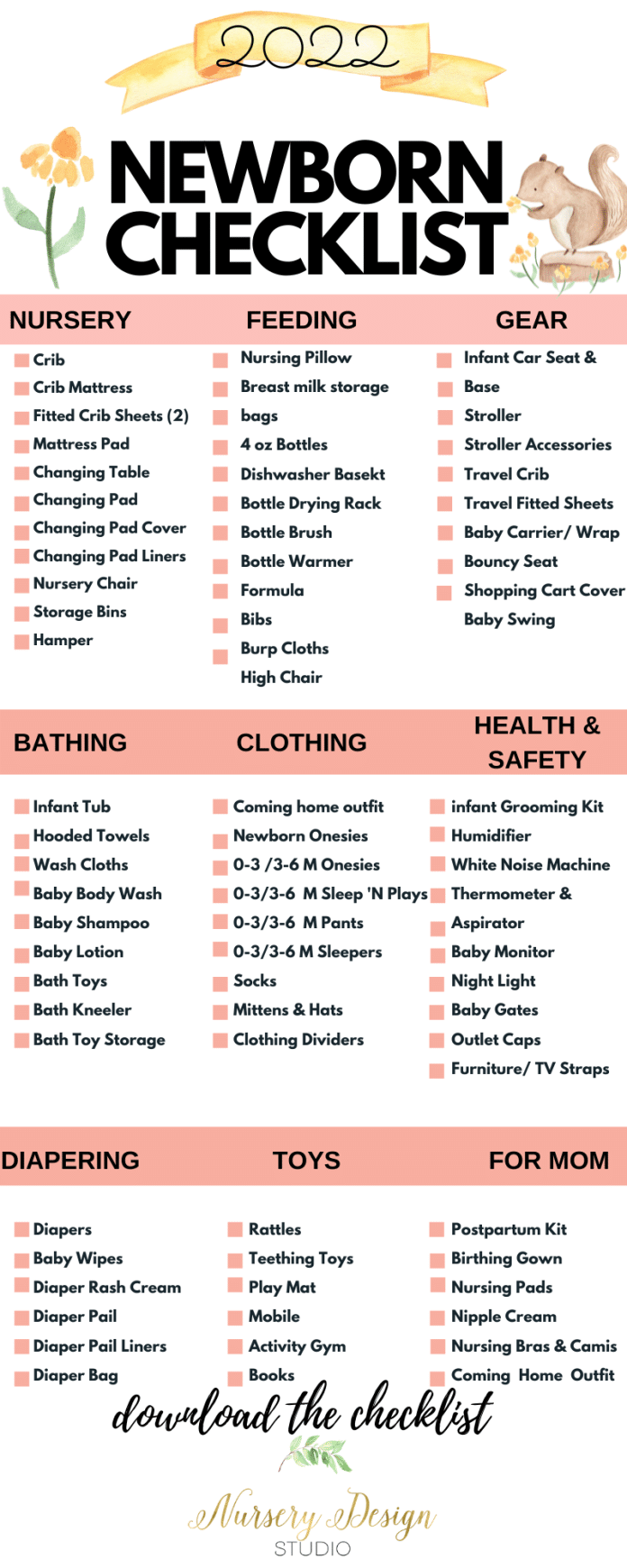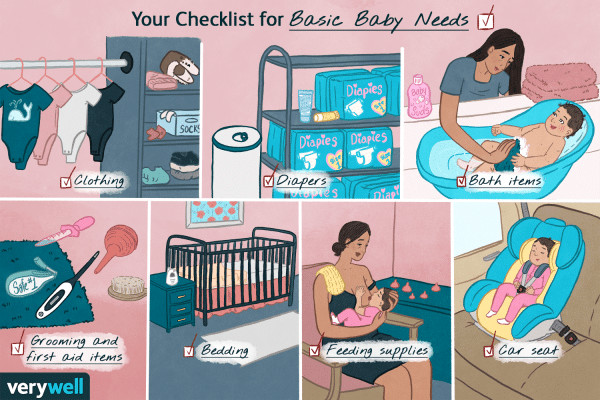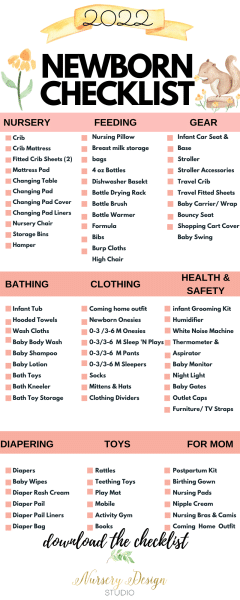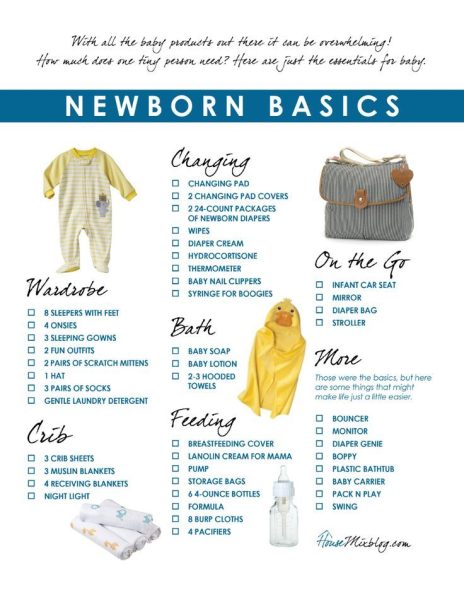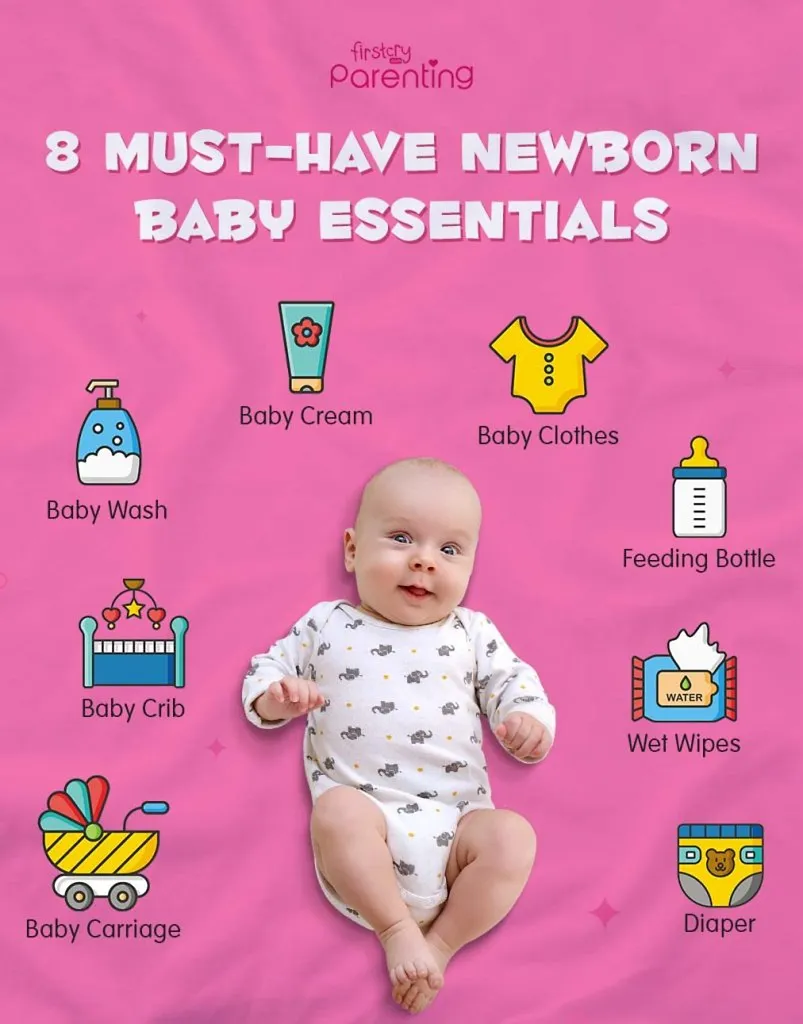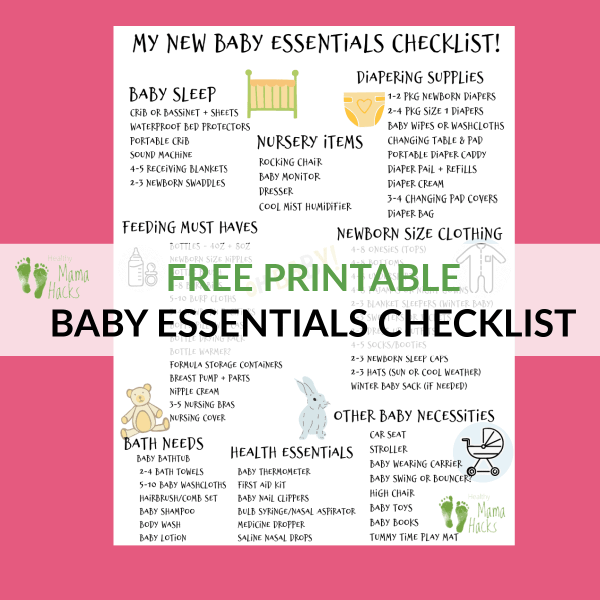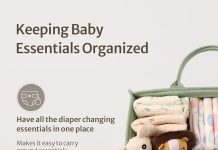When caring for a newborn, it’s essential to understand their basic needs to ensure their health and wellbeing-. In this article, we’ll explore every newborn baby’s four fundamental requirements for optimal growth and development.
From nourishment and sleep to warmth and love, we’ll discuss how these needs are crucial in creating a nurturing environment for your little one. So, let’s dive into the world of newborn care and uncover the key elements vital for your baby’s early days of life.
Review contents
Physical Needs
Becoming a parent is an enriching experience, but it can feel overwhelming sometimes, especially when meeting your newborn baby’s physical needs. As new parents, we want to ensure our little ones are safe, happy, and healthy. This includes caring for their feeding, sleep, diapering, and bathing needs.
Feeding
Feeding our baby is one of their most critical physical development aspects. It is crucial for their growth, immunity, and overall wellbeing. There are two primary methods of feeding a newborn: breastfeeding and bottle-feeding.
Breastfeeding is a natural and nutritious way to give your baby all the necessary nutrients. It benefits the baby and the mother by promoting bonding, boosting the baby’s immune system, and providing antibodies. It is recommended that babies are exclusively breastfed for the first six months of their lives.
For those who choose not to breastfeed, bottle-feeding with formula is a great alternative. It is essential to choose a formula that is appropriate for your baby’s age and nutritional needs. Whether you choose to breastfeed or bottle-feed, it is crucial to consult with a healthcare professional for guidance and support.
Sleep
Ensuring our baby gets enough sleep is vital for their development and overall health. A sleep routine can help establish healthy sleep patterns and promote quality rest. Paying attention to your baby’s sleep cues, such as rubbing their eyes or becoming fussy, can help you recognize when they are ready for sleep.
Providing a safe sleep environment is also essential. This includes using a firm mattress, ensuring their sleep area is free from hazards, and practicing safe sleeping positions, such as placing them on their back to reduce the risk of Sudden Infant Death Syndrome (SIDS).
Diapering
Diapering is a daily task that requires attention and care. Choosing the right diapers for your baby is essential for their comfort and to prevent skin irritation. Whether you opt for disposable or cloth diapers, ensure they fit well and are changed regularly to prevent discomfort and diaper rash.
The diaper-changing process involves cleaning the area, applying diaper cream if necessary, and securely fastening the new diaper. It’s essential to have all the necessary supplies within reach, such as wipes, diaper cream, and a clean diaper, to ensure a smooth and efficient diaper change.
Diaper blowouts can happen, and they can be messy and inconvenient. Ensuring a proper fit with the diaper and checking for signs of a full diaper can help prevent blowouts. Having extra clothing and blankets on hand can also be helpful in case of accidents.
Bathing
Bathing our baby is not only a necessary part of their hygiene routine but also offers an opportunity for bonding and sensory stimulation. Sponge bathing is recommended for newborns until the umbilical cord stump falls off. After that, tub bathing can be introduced gradually.
Choosing safe and mild baby products is essential to protect your baby’s delicate skin. Avoid using harsh soaps or shampoos, as they can irritate. Instead, opt for gentle baby-specific products specifically formulated for their sensitive skin.
Determining the frequency of bathing may vary depending on your baby’s needs and cultural practices. However, it is generally recommended to bathe your baby around two to three times a week to avoid drying out their fragile skin.
This image is the property of www.verywellfamily.com.
Emotional Needs
While meeting our baby’s physical needs is paramount, their emotional wellbeing is equally crucial. Babies rely on us to fulfill their emotional needs and to create a secure and loving environment. Here are some critical aspects of meeting their emotional needs.
Bonding
Bonding with our baby is an innate process that begins when they are born. It involves forming a deep emotional connection with our baby, which helps them feel secure and loved. Bonding can be nurtured through skin-to-skin contact, cuddling, and spending quality time together.
Cuddling
Cuddling is a vital aspect of fulfilling our baby’s emotional needs. Holding our baby close promotes a sense of warmth, security, and comfort. It helps to strengthen the parent-child bond and provides a soothing effect for the baby. Whether it’s during feeding, playtime, or bedtime, cuddling helps our baby feel loved and valued.
Comforting
Babies often express their needs through crying; our role is to provide comfort and reassurance in those moments. Responding promptly to their cries and addressing their needs, whether hunger, discomfort, or needing attention, helps build trust and a sense of security. Comforting our baby helps them understand that they can rely on us, fostering a healthy emotional relationship.
Security
Creating a safe and secure environment for our baby is crucial for their emotional wellbeing. This includes ensuring their physical safety through childproofing our homes, using safety-approved baby gear, and being attentive to potential hazards. A secure environment also involves establishing consistent routines, providing predictable caregiving, and a loving and supportive atmosphere.
This image is the property of www.nurserydesignstudio.com.
Cognitive Stimulation
As our baby grows, their cognitive development becomes increasingly important. Providing age-appropriate stimulation can enhance their learning and cognitive abilities. Here are some areas of cognitive stimulation to consider.
Visual Stimulation
Visual stimulation involves providing various visual experiences to engage and stimulate our baby’s growing visual abilities. This can include using contrasting colors, introducing age-appropriate toys and objects with different shapes and patterns, and creating a visually stimulating environment.
Auditory Stimulation
Our baby’s sense of hearing is compassionate, and auditory stimulation plays a vital role in their cognitive development. Talking, singing, and reading to our baby helps to strengthen their language skills and promotes cognitive growth. Playing soft and soothing music or introducing age-appropriate toys that produce sounds can also benefit their auditory stimulation.
Tactile Stimulation
Tactile stimulation refers to using touch and texture to engage our baby’s sense of touch. Various textures and materials, such as soft blankets, textured toys, and safe household objects, can help stimulate their tactile senses. Gentle massage and skin-to-skin contact provide valuable tactile stimulation and promote bonding.
Social Interaction
Human interaction is essential for our baby’s cognitive and social development. Engaging in face-to-face interactions, responding to their coos and babbles, and providing opportunities for social engagement with other family members and caregivers helps our baby develop language skills, emotional awareness, and social bonds.
This image is the property of i.pinimg.com.
Health and Safety
Ensuring the health and safety of our baby is a top priority. Regular check-ups, immunizations, safety measures, and hygiene practices are essential to keep our baby healthy and protected.
Regular Check-ups
Regular check-ups with a healthcare professional, such as a pediatrician, are crucial to monitor our baby’s growth and development. These appointments allow us to discuss concerns, receive guidance on feeding, sleep, and other aspects of infant care, and ensure that our baby meets essential milestones.
Immunizations
Immunizations are vital in protecting our baby from severe illnesses and infections. Following the recommended vaccination schedule set by healthcare professionals helps to strengthen their immune system and provide long-term protection against preventable diseases. It is essential to consult with healthcare professionals to understand the immunization schedule and address any concerns or questions.
Safety Measures
Implementing safety measures is essential to create a safe environment for our baby. This includes babyproofing our homes by securing hazardous objects, installing safety gates, covering electrical outlets, and securing furniture to prevent accidents. Additionally, ensuring that our baby is appropriately secured in car seats, using appropriate safety gear, and practicing safe sleep guidelines helps minimize risks and ensure their wellbeing.
Hygiene
Maintaining proper hygiene helps protect our babies from infections and keeps them clean and comfortable. Regularly washing our hands before handling our baby reduces the risk of spreading germs. Properly cleaning and sterilizing feeding equipment, such as bottles and breast pump parts, is also essential to maintain hygiene. Maintaining a clean and dry diaper area and practicing proper skincare routines also contribute to their overall wellbeing.
This image is the property of cdn.cdnparenting.com.
Financial Considerations
Raising a baby comes with financial responsibilities and considerations. Planning and budgeting for expenses, choosing affordable products, understanding health insurance coverage, and exploring government assistance programs can help alleviate some financial pressures.
Budgeting for Expenses
Creating a budget that accounts for baby-related expenses can help manage finances effectively. Consider expenses such as diapers, formula (if applicable), clothing, healthcare expenses, childcare, and other necessities. Exploring cost-saving options, such as buying in bulk or taking advantage of sales and discounts, can also help stretch your budget.
Choosing Affordable Products
Selecting affordable baby products without compromising on safety and quality is essential. Compare prices, read reviews, and prioritize necessary items to ensure you’re making informed, cost-effective choices. Opt for second-hand items, borrow from friends or family, or explore local parenting groups where you can find gently used baby items at a lower cost.
Health Insurance Coverage
Understanding your health insurance coverage and the benefits available for prenatal care, childbirth, and pediatric healthcare is essential. Contact your insurance provider to gain clarity on coverage details, including routine check-ups, vaccinations, and emergency care. This will help you plan financially and make informed decisions regarding healthcare for your baby.
Government Assistance Programs
Exploring government assistance programs can provide added support for families facing financial challenges. Medicaid and the Children’s Health Insurance Program (CHIP) offer healthcare coverage for eligible families.
The Special Supplemental Nutrition Program for Women, Infants, and Children (WIC) provides nutrition assistance, and Child Care Subsidy programs assist with the cost of child care. Temporary Assistance for Needy Families (TANF) offers financial support to qualifying families. Researching and understanding these programs can help you determine eligibility and how to apply for assistance if needed.
In conclusion, caring for newborns involves meeting their physical, emotional, cognitive, and safety needs. We ensure their physical well-being by properly feeding, sleeping, diapering, and bathing. Bonding, cuddling, comforting, and creating a secure environment meet their emotional needs. Stimulating their senses through visual, auditory, and tactile experiences, as well as social interaction, supports their cognitive development.
Regular check-ups, immunizations, safety measures, and proper hygiene maintain their health and safety. Lastly, considering financial responsibilities, budgeting, choosing affordable products, understanding health insurance coverage, and exploring government assistance programs can help alleviate financial pressure. We can provide a loving and nurturing environment for our precious newborns by addressing these essential needs.
This image is the property of healthymamahacks.net.

